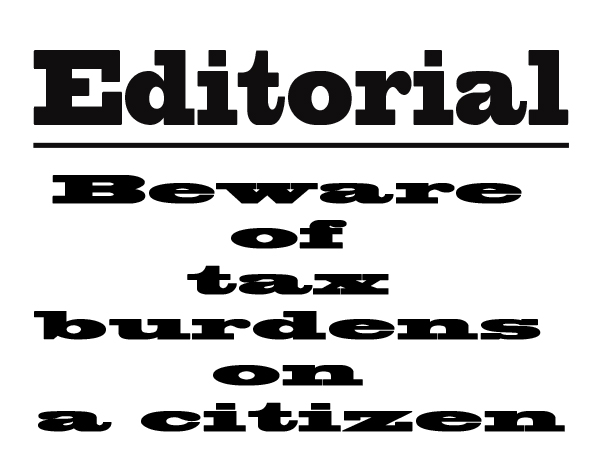Taxes are vehicles to foster development, but the levy rates and timing matters a lot; otherwise, the repercussions could impact gravely on the citizens.
Like what happens at the Nimule border point where trucks of goods to the country have stopped crossing allegedly due to tax increases, those who endeavor to pay will add it to sales of the goods.
In a country such as ours, where domestic production is at the lowest limit, and a larger percentage dependence on imports, it doesn’t require economic sense to detect that any tax on goods on entry will automatically trickle down to the consumer.
Again, take a scenario, where the consumer earns 50,000 SSP which arrives after three months. How will such a citizen be able to feed a family of six? If there is a tax increment, the traders also increase commodity prices.
A recent market peep indicated that in the past two weeks, 50Kg of maize flour sold at 45,000 SSP and a kilo of meat sold at 6,000-7,000 SSP, which are already at a deficit for the unclassified worker, let alone other ingredients and family needs.
Yet, the recent cash injection by increased civil servants’ salaries caused interferences in the markets that seem to be exploding. Whereas the absence of government production institutions makes it hard for the central bank to control the cash flow and the market prices that go wild.
But for the citizen, adding the burdens of delayed salaries and price hikes make life miserable and totally unbearable.




